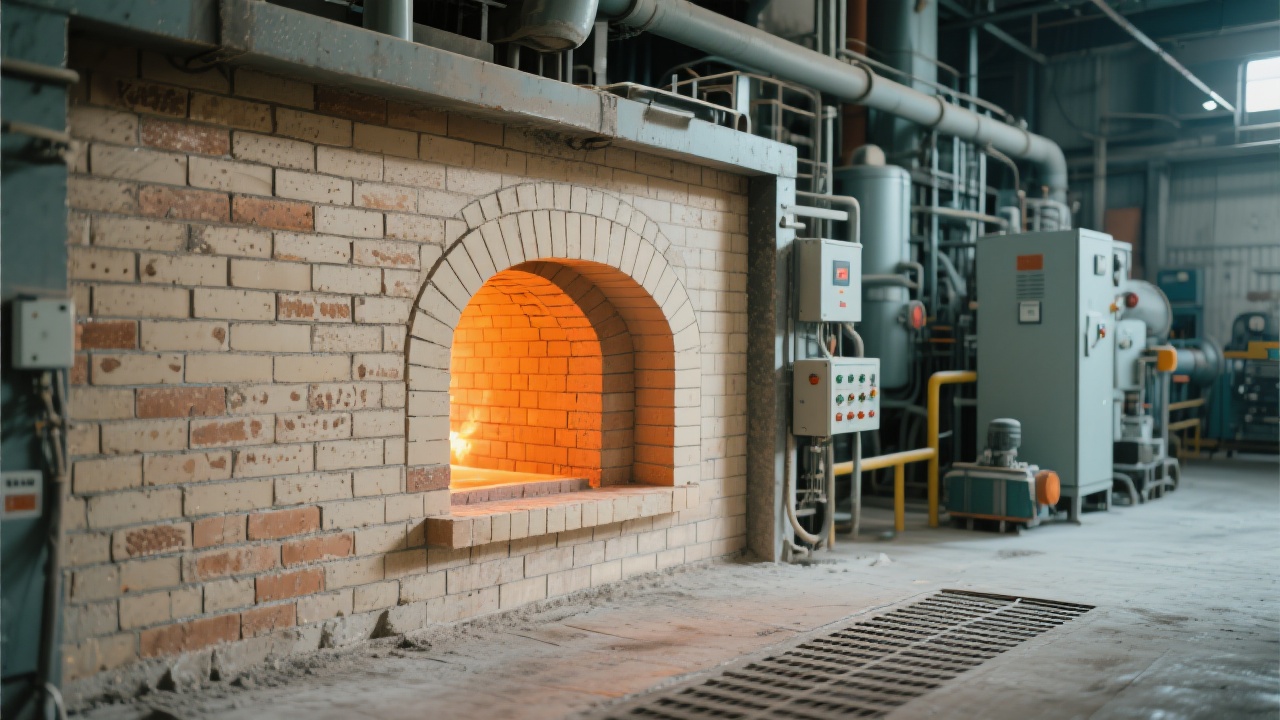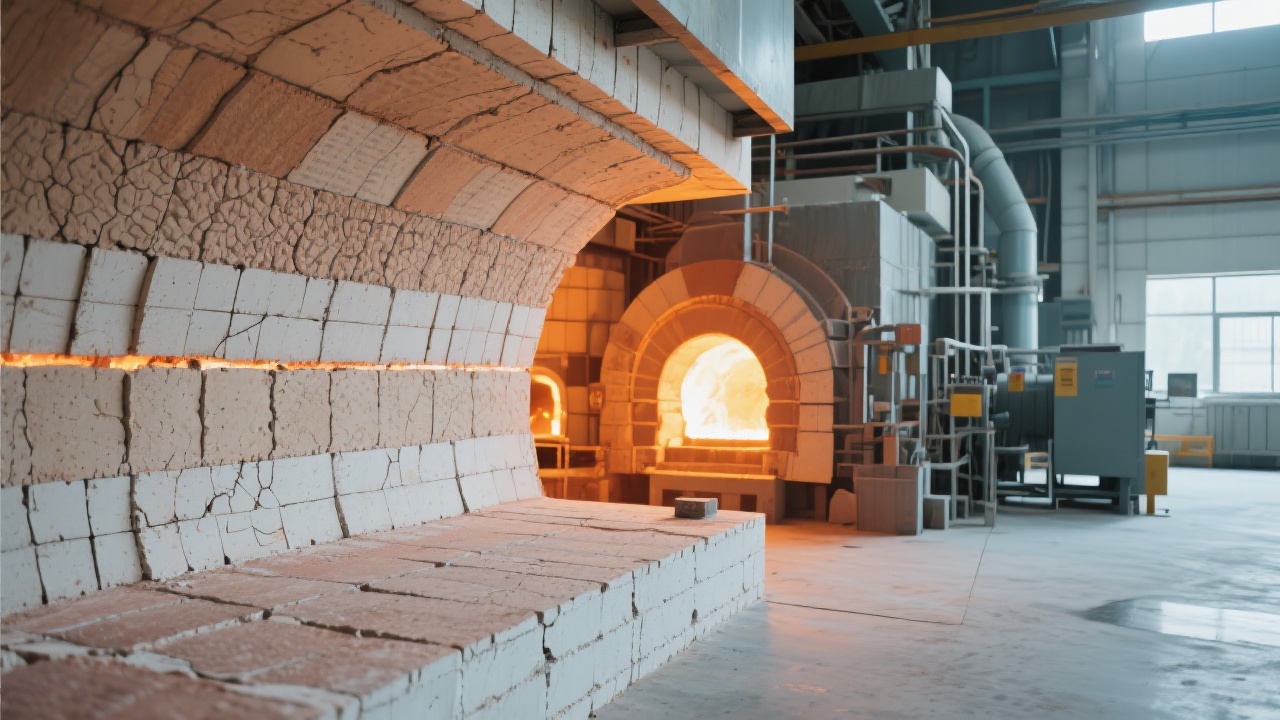
Selecting the appropriate lining material for large dry-process cement rotary kilns is a critical decision that significantly impacts the efficiency and longevity of the equipment. This article delves into the remarkable features of magnesium ferrite spinel bricks and synthetic magnesium ferrite-aluminum spinel bricks, positioning them as the ideal choices for such applications.
These bricks are crafted from high-purity magnesia and ferrite-aluminum spinel clinker. High-purity magnesia boasts a magnesium oxide content of over 95%, providing a solid foundation for the bricks' excellent performance. The ferrite-aluminum spinel clinker, with its unique crystal structure, further enhances the bricks' properties. According to industry experts, the use of these high-quality raw materials is the cornerstone of the bricks' outstanding performance.

The manufacturing process of these bricks involves a strictly controlled firing process. This process is carried out at a temperature range of 1600 - 1700°C for a specific duration, which is carefully adjusted based on the raw material composition. This unique firing process endows the bricks with exceptional flexibility and temperature stability. Tests have shown that these bricks can maintain their structural integrity even when subjected to temperature fluctuations of up to 300°C.
When compared with the current market mainstream high-quality magnesium chromium bricks, magnesium ferrite spinel bricks exhibit significant advantages in terms of kiln wall adhesion and corrosion resistance. The following table presents a detailed comparison:
| Performance Indicator | Magnesium Ferrite Spinel Bricks | Magnesium Chromium Bricks |
|---|---|---|
| Kiln Wall Adhesion | Over 90% adhesion rate | Around 70% adhesion rate |
| Corrosion Resistance | Corrosion rate less than 5% after 1000 hours | Corrosion rate around 10% after 1000 hours |

In a large foreign cement rotary kiln, the application of magnesium ferrite spinel bricks has achieved remarkable results. After two years of operation, the kiln lining still maintains good performance, with only minor wear. This not only reduces the frequency of kiln shutdowns for maintenance but also significantly improves the production efficiency of the cement plant. The success of this case has attracted the attention of many industry players.
Some potential customers may have concerns about the product's applicability and maintenance costs. In fact, these bricks are suitable for a wide range of cement rotary kilns, and their long service life effectively reduces the overall maintenance cost. Industry experts have pointed out that the use of these bricks can bring long - term economic benefits to cement plants.

In conclusion, magnesium ferrite spinel bricks and synthetic magnesium ferrite - aluminum spinel bricks offer unparalleled performance in terms of raw materials, manufacturing process, and application results. Their superior kiln wall adhesion, corrosion resistance, and temperature stability make them the best choice for large dry - process cement rotary kiln linings. If you are looking for a reliable and efficient kiln lining material, we invite you to explore more about these remarkable products and discover how they can enhance your cement production process.

